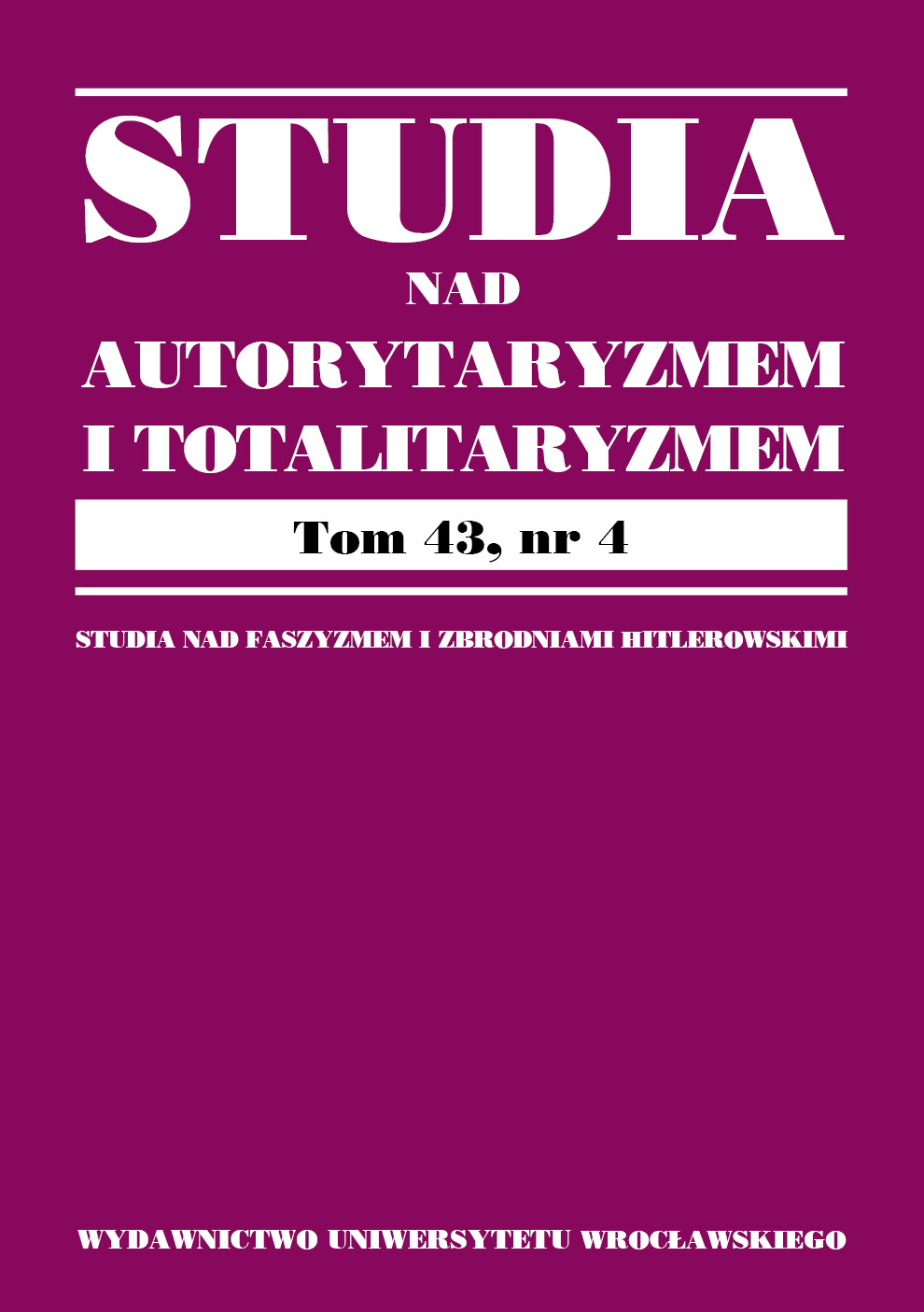

Artykuły

The article is divided into two parts. In the first part, I present the main assumptions of foundationalism and, using selected examples from general reflection on law, reconstruct related strategies of justifying claims. Then, I discuss the anti-foundationalist method of justifying the universalism of human rights. Referring to the arguments of Hannah Arendt and Alessandro Ferrara, I give the example of the Holocaust as the so-called point of no return, whose exemplary validity justifies the idea of human rights without the need to refer to substantive human dignity. In the second part of the article, I use the anti-foundationalist argument to build a conception of anti-authoritarian legal education. The proposed concept of education based on a collaborative, democratic, nonhierarchical, and pluralistic discussion of historical examples should complement traditional legal education.